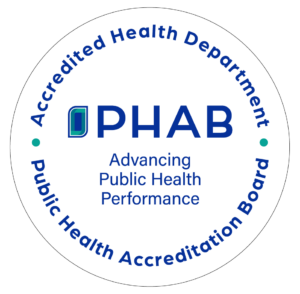Public Health Nurses in Meeker, McLeod, and Sibley Counties play a crucial role in supporting families during pregnancy and early childhood. Registered Nurses make Family Home Visits to provide guidance and education, helping families navigate important health and developmental milestones. These nurses work closely with parents to promote the well-being of both mothers and children, offering support in several key areas, including:
· Healthy Pregnancies: Educating parents on maintaining a healthy pregnancy through proper nutrition, prenatal care, and lifestyle choices.
· Positive Parenting: Teaching parents’ effective strategies for nurturing and supporting their child’s emotional and developmental needs.
· Infant and Child Growth and Development: Monitoring and educating parents on key growth milestones, including regular weight checks and developmental progress.
· Health and Nutrition: Providing guidance on healthy eating habits, immunizations, and overall health practices for both mothers and children.
· Strengthening Family Relationships: Supporting families in building strong, positive relationships to promote a nurturing and stable home environment.
· Community Resources: Connecting families with local resources and services to further support their health and well-being.
By offering these services, Public Health Nurses help ensure that families have the knowledge and support they need for healthy pregnancies, positive parenting, and strong early childhood development, which ultimately benefits the overall health of the community.
Gov. Walz proclaims January as Birth Defects Awareness Month in Minnesota
Public health programs play a role in supporting individuals with birth defects by providing comprehensive services that promote health, well-being, and quality of life. These services include early identification and diagnosis, access to specialized medical care, and resources for managing the challenges associated with birth defects. Public health professionals also offer guidance on prevention, early intervention, and support for families, helping them navigate healthcare systems and connect with necessary community resources. Through education, advocacy, and ongoing support, public health ensures that individuals with birth defects receive the care they need to thrive.
